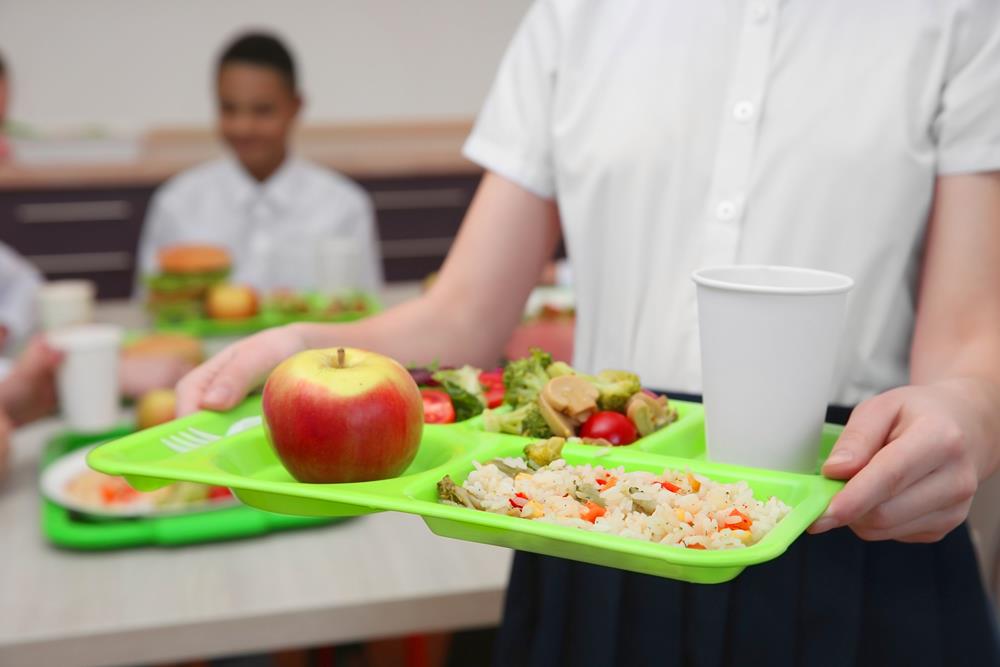Food for thought: the role schools play in improving children’s food insecurity

The Food Foundation launched ‘The Children’s Future Food Inquiry’ in early 2018 to investigate children’s food insecurity across the UK, receiving input from children, school staff, academics and experts. The Inquiry states that 4.1 million children in the UK are living in poverty but little is known about these children’s food insecurity. The Inquiry considers ‘food insecurity’ to be “the inability to acquire or consume an adequate quality or sufficient quantity of food in socially acceptable ways, or the uncertainty that one will be able to do so”. Whilst the Inquiry is not solely aimed at investigating schools’ responsibility for and influence on a children’s food insecurity, many of the recommendations from the report include the involvement of schools.
What does the report say?
The final report published in April 2019 has garnered interested from Westminster including Conservative MP and Parliamentary Under-Secretary of State for Children and Families Nadhim Zahawi who delivered a speech at the launch of the report welcoming many of the recommendations from the report but placing particular emphasis on the role of schools including breakfast clubs, the effect of school holidays and the importance of free school meals.
National schools Breakfast programme
Zahawi stated that the government is investing up to £26 million in the National Schools Breakfast Programme, a programme which aims to set up or improve more than 1,700 breakfast clubs in schools in the most disadvantaged areas across the country. A healthy breakfast can play a vital role in ensuring children can concentrate, learn and reach their full potential.
Effect of school holidays
Zahawi also stated that the government is keen to support children during the school holidays as the report suggests food insecurity issues can arise during school breaks. To combat this problem, Zahawi claims in summer 2018 that the government’s “new holiday activities and food programme supported more than 18,000 disadvantaged children – giving them access to nutritious meals and fun activities”.
Importance of free school meals
Speaking on school meals, Zahawi highlighted the government introduced revised criteria in April 2018 which they estimate will lead to more children benefiting from free meals by 2022 in comparison to the previous benefits system. Further, Zahawi claimed the report “rightly highlights that children should not feel in any way stigmatised in receiving their free school meals. We know that many schools have found positive ways to address this issue, including engaging well with families and making the most of new technologies available.” Zahawi placed further emphasis on the need for the school meals to be healthy and encouraged schools to receive input from school pupils to this regard.
For more information on this, or any other education legal issues you’re interested in, please contact a Partner in our Education Team or call 0191 211 7777.
